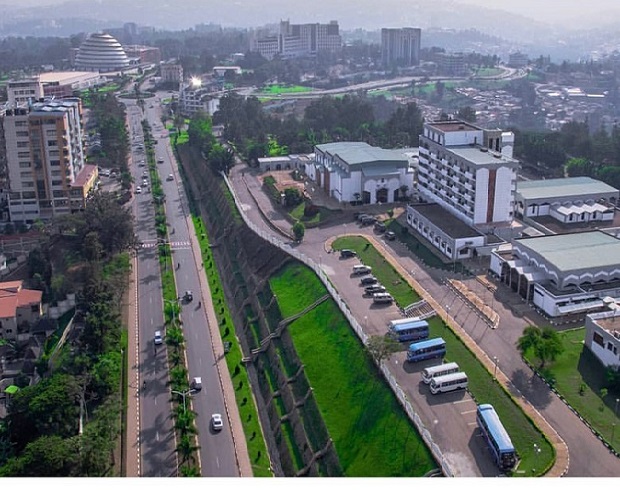Nairobi Versus Kigali Is This Really an Issue

I recently had a chat with a friend of mine from Rwanda, who was in Nairobi for a work assignment. She had been vaccinated against Covid-19 a few days before her departure and this was after about three calls from the Rwandan government requesting her to go to the vaccination centre. As she is in the banking sector, they are categorized as essential workers hence the calls. Eventually, due to her impending trip to Kenya and constant encouragement from her friends, she went to get the shot. She was highly appreciative of the communication framework that her government had put in place which had listed, by name and telephone number, all the essential workers that needed to get the vaccination and literally hounded them to go and get the shot.
But this is where it gets interesting. She also told me that the Rwandan government went to refugee camps and vaccinated the refugees! It would appear that the thinking in that government is that the refugees represent a soft underbelly of potential large scale community transmission and if left forgotten or unattended to, could end up unravelling a focused attention to stop the rapid transmission of this killer disease amongst the country’s citizenry.
Last week there was an interesting debate on Twitter regarding the potential of Rwanda becoming an East African travel hub once the joint venture between Qatar Airlines and Rwandair begins to bear fruit. One person claimed that a large international NGO had packed up its bags and relocated to Kigali from Nairobi and this was the beginning of Nairobi’s death knell as a regional headquarter for many international organizations. Others spoke about Kigali’s clean, secure neighborhoods and well organized public transport system including the ubiquitous boda boda operators who have clear identification on their yellow visibility jackets plus riding helmets and can be traced to a man in the event of an accident or incident. The fact is Kigali is the cleanest, organized and most secure East African capital city. They have excellent, publicly available internet and, perhaps due to their low population size compared to their East African counterparts, a very effective community grassroots system that ensures the government is communicating to and receiving information from the simplest villager.
On the other hand, the proponents of the Nairobi-will-never-die brigade spoke to the large middle class and bigger economic base in Kenya, together with the diversity of residents and wide offerings in the retail, housing and hospitality industries. At the very minimum, the debate about Kigali taking over as East Africa’s regional economic and travel hub comes down to hardware and software.
The hardware consists of infrastructure in the form of world class commercial and residential properties to house the various offices and thousands of staff that would man the organizations. It would consist of the retail spaces and the retailers that would provide the comfortable trappings for the expatriate residents and the local middle class that would emerge as professionals working in these organizations. It would consist of the hospitality offerings in the form of hotel bed capacity at an international standard for the thousands of business visitors engaging with these organizations as well as a dynamic and diverse restaurant and entertainment scene. It would necessitate a strong private medical industry in the form of good hospitals and medical personnel that could accommodate medical emergencies that might occur in the short term. It would also consist of fast connectivity to multiple global international business hubs for the travelling residents and visitors. Finally, but not exhaustively or conclusively, the hardware would also consist of providing a safe and secure environment within which these organizations and their people can operate effectively within a manageable socio-political space.
On the software side, the people element should be examined. Finding talented, well-educated and diversely experienced local professionals who are in great supply, thus eliminating the need to backfill the staffing cadre with expensive expatriates would be a key consideration. It is one thing to set up an organization and it is a whole other kettle of fish to make it work effectively and cost efficiently through good people. The opening conversation in this piece spoke to the well-oiled machinery that the Rwandan government runs in a country with a population of about 13 million people or a quarter the size of Kenya’s population. I leave it to you to decide, particularly if you have ever visited Rwanda, as to whether the Nairobi versus Kigali regional hub debate is one worth losing sleep over!
[email protected]
Twitter: @carolmusyoka

 carolmusyoka consultancy
carolmusyoka consultancy
 @carolmusyoka
@carolmusyoka